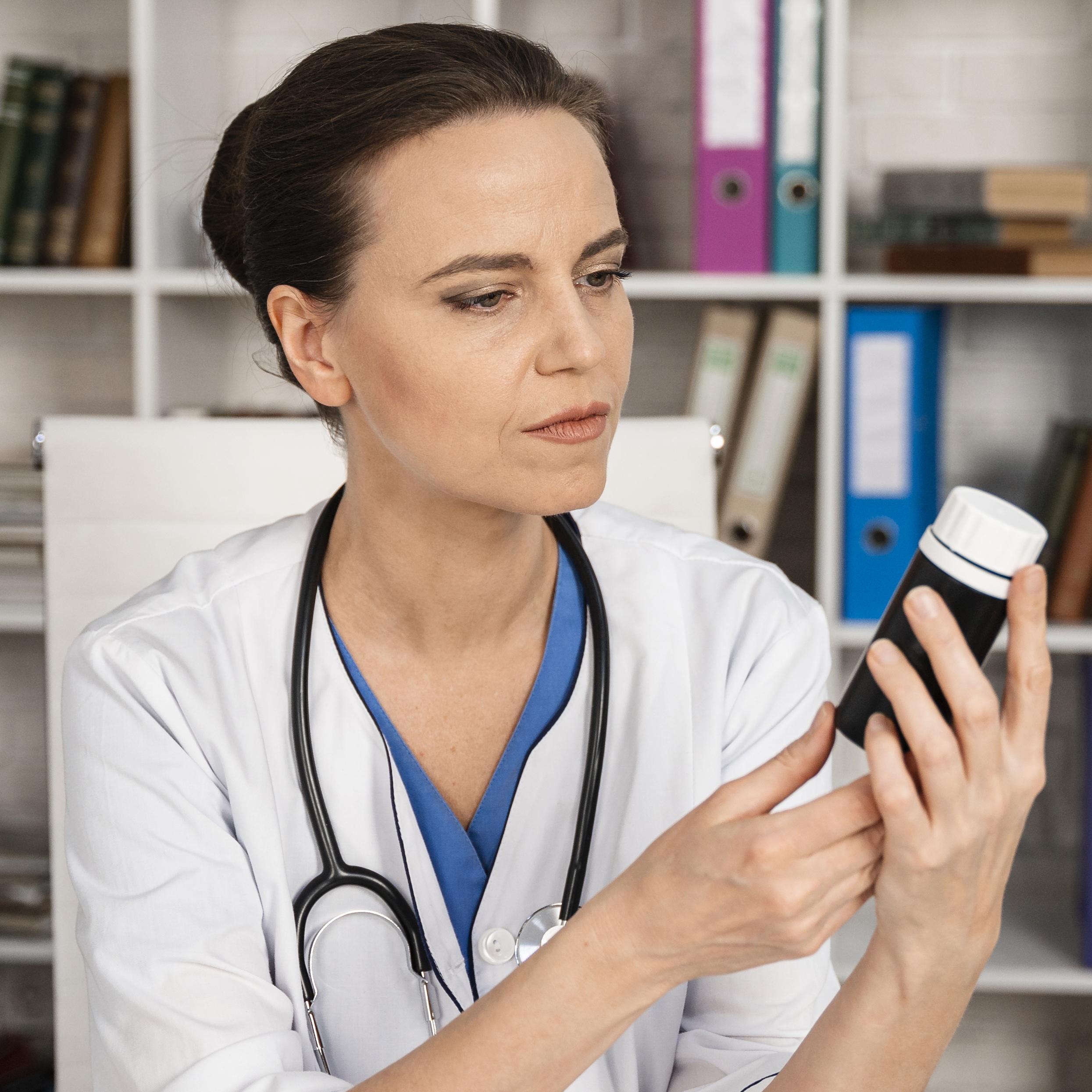Comprehensive endocrine care spans diabetes, thyroid, PCOS, obesity, bone health, pituitary/adrenal disorders, and lipid/metabolic syndromes. India offers advanced diagnostics, CGM/pumps, and structured optimization bundles at a fraction of Western costs. MediHeal coordinates opinions, itemized quotes, visas, travel, lodging, and tele-follow-ups.
Treatment Guide
Endocrinology & Diabetes
India combines specialist-led clinics, CGM and insulin-pump technology, and coordinated international-patient services—delivering high-quality outcomes with significant cost savings, organized end-to-end by MediHeal International.


Quick Answer
Who Needs Endocrinology & Diabetes
- Adults and children with diabetes needing CGM/pump setup or therapy titration.
- Patients with complex endocrine issues (thyroid nodules, pituitary/adrenal disease, osteoporosis) needing targeted testing/therapy.
- International travelers wanting bundled workups and remote follow-up.
Why Choose India
- Comprehensive diabetes/endocrine services at costs far below Western systems with access to senior endocrinologists.
- Structured multi-day optimization programs, fast scheduling, and English-speaking teams.
- International desks streamline second opinions, quotes, visas, airport transfers, accommodation, and tele-follow-ups.
How MediHeal International Helps
- Center matching for advanced diabetes/endocrine programs with CGM, insulin pumps, nutrition, and foot-care clinics.
- Transparent, itemized quotes for diagnostics, CGM/pump setup, educator sessions, and follow-ups.
- End-to-end logistics: visas, flights, transfers, nearby lodging, interpreters, and scheduled teleconsults.
Types of Endocrinology & Diabetes
- Type 2 Diabetes Program— Lifestyle, oral/weekly injectables, and basal/bolus insulin; CGM-guided titration to improve time-in-range.
- Type 1 Diabetes Program— Pump candidacy assessment, CGM setup, sick-day rules, ketone monitoring, and hybrid closed-loop readiness.
- Thyroid & Other Endocrine— Ultrasound/FNA pathways, radioiodine coordination, pituitary/adrenal testing panels, osteoporosis management.
- Technology Options— CGM for granular data and remote titration; insulin pumps/patch pumps with device training and follow-up.
The Surgical Journey
Pre-arrival
- Share recent labs (HbA1c, lipids, renal), glucose logs/CGM exports, medication list, and complication screening reports (retina/urine ACR).
- Receive a written plan: tests, CGM/pump setup if relevant, daily schedule, and itemized costs.
On Arrival
- Baseline consults and lab panels; CGM insertion or upload; pump device counseling and procurement if indicated.
- Nutrition and educator sessions; individualized titration roadmap.
Therapy Optimization
- 3–7 day program with CGM-guided dose adjustments, education on hypoglycemia prevention, and complication screening.
- Pump initiation/training with initial settings and early reviews where applicable.
Follow-up & Remote Care
- Teleconsults using CGM uploads for dose tweaks; periodic lab reviews.
- Structured handover summary for home-country clinician continuity.
Recovery Timeline
Optimization Program
Most visitors complete comprehensive optimization in about 3–7 days.
Pump Initiation
Plan about 5–10 days including device procurement, insertion, training, and early reviews; ongoing tele-titration after return.
Benefits to Expect
- Improved glycemic control and time-in-range with fewer hypoglycemic events.
- Evidence-based, tech-enabled care with education and nutrition support.
- Clear costs, faster access, and coordinated travel logistics for international families.
Risks & Complications
General Risks
- Diabetes: hypoglycemia, DKA, infection risk, and long-term micro/macrovascular complications.
- Devices: site infections, skin reactions, and supply/logistics challenges without planning.
Revision Risk
- Use accredited centers with certified educators; ensure CGM/pump training and written sick-day/hypoglycemia plans.
- Arrange consumable supply chains and remote follow-up before travel.
Cost & Inclusions
Indicative Costs
- Total costs vary by medication mix (GLP-1/GIP, SGLT2, basal/bolus insulin), CGM usage, and frequency of reviews; request itemized quotes.
* Final quote after clinical evaluation; varies by implant, technique (e.g., robotics), hospital accreditation, city, and length of stay.
Travel & Visa Essentials
- Medical visas typically cover chronic disease management at recognized hospitals; up to two attendants can obtain linked visas.
- Plan 5–10 days in-country for comprehensive optimization and potential pump initiation; tele-follow-ups support ongoing titration.
Preparing for Surgery
- Bring 3–4 months of glucose logs/CGM exports, recent labs (HbA1c, renal, lipids), medication list, and complication screening records.
- If considering a pump, review device options, budget for consumables, and plan training time.
- Carry sufficient current medications/strips/needles for the trip; confirm refrigeration/storage needs.
Rehabilitation Focus
- Ongoing CGM uploads with scheduled teleconsults for dose adjustments.
- Lifestyle coaching (nutrition and activity), vaccination and foot-care plans, and periodic lab reviews.
- Written handover and emergency plan for home-country follow-up.
Frequently Asked Questions
How many days are needed for optimization?
Many visitors complete a 3–7 day program covering diagnostics, CGM setup, and therapy titration.
Are insulin pumps worth it?
For eligible patients, pumps can improve flexibility and time-in-range, but cost ₹1–6 lakh plus consumables—candidacy and training are key.
Can care continue after returning home?
Yes. CGM data sharing and teleconsults enable remote dose adjustments with periodic lab reviews.